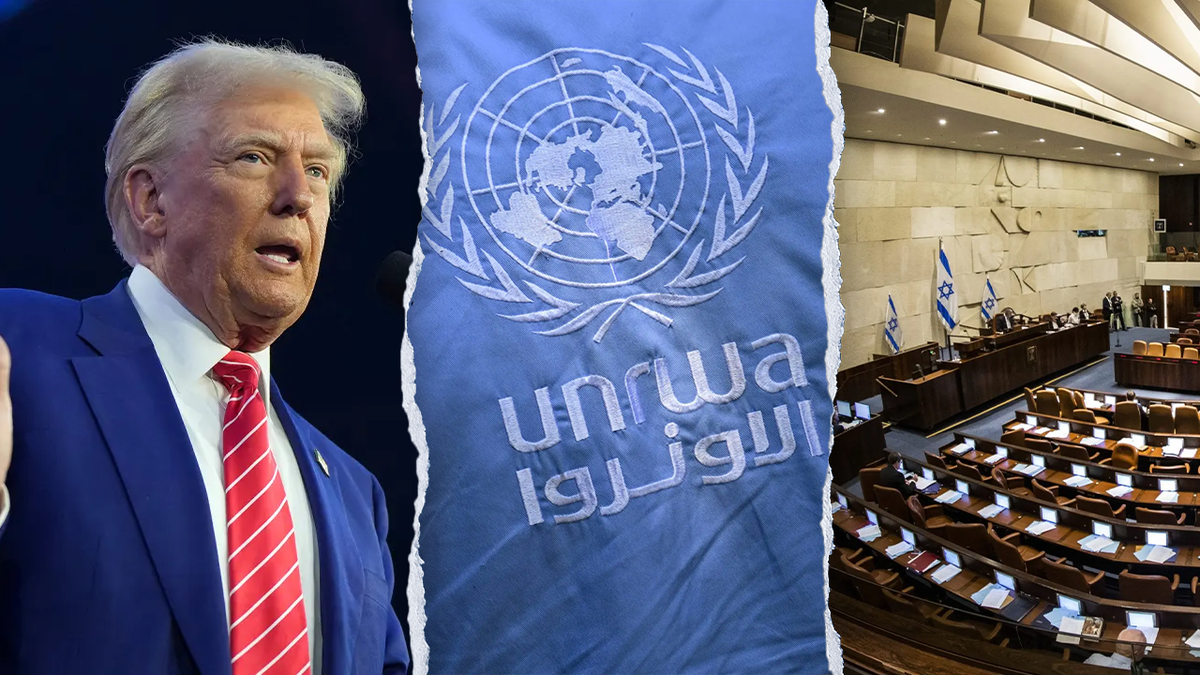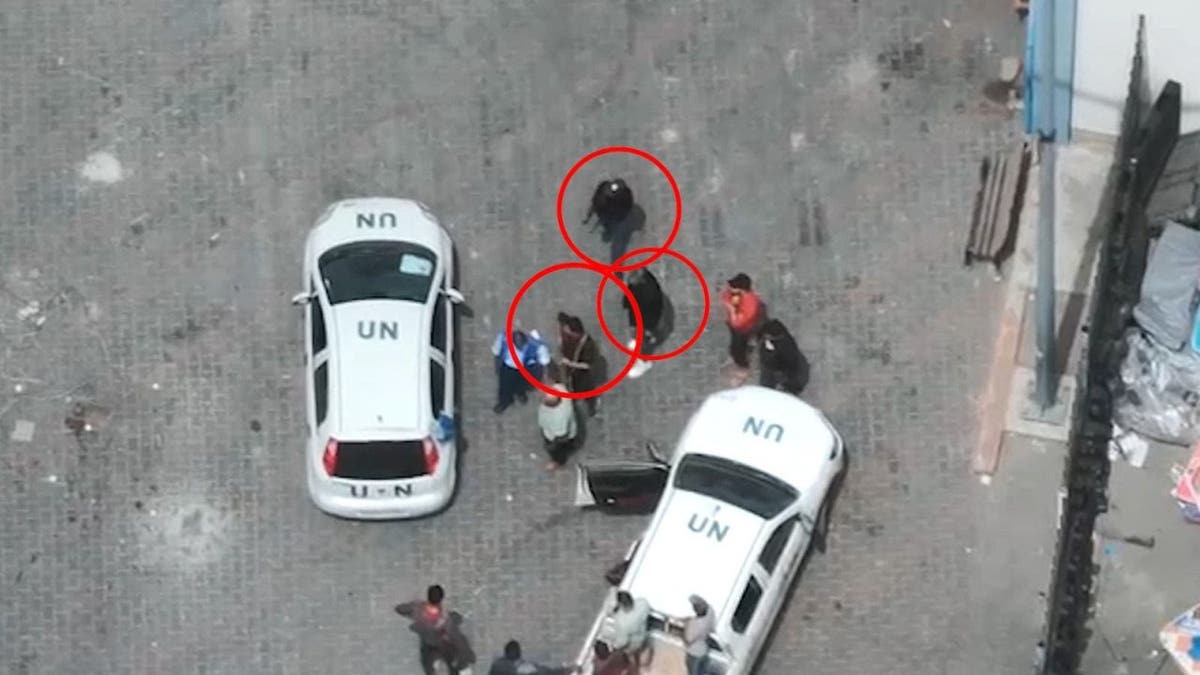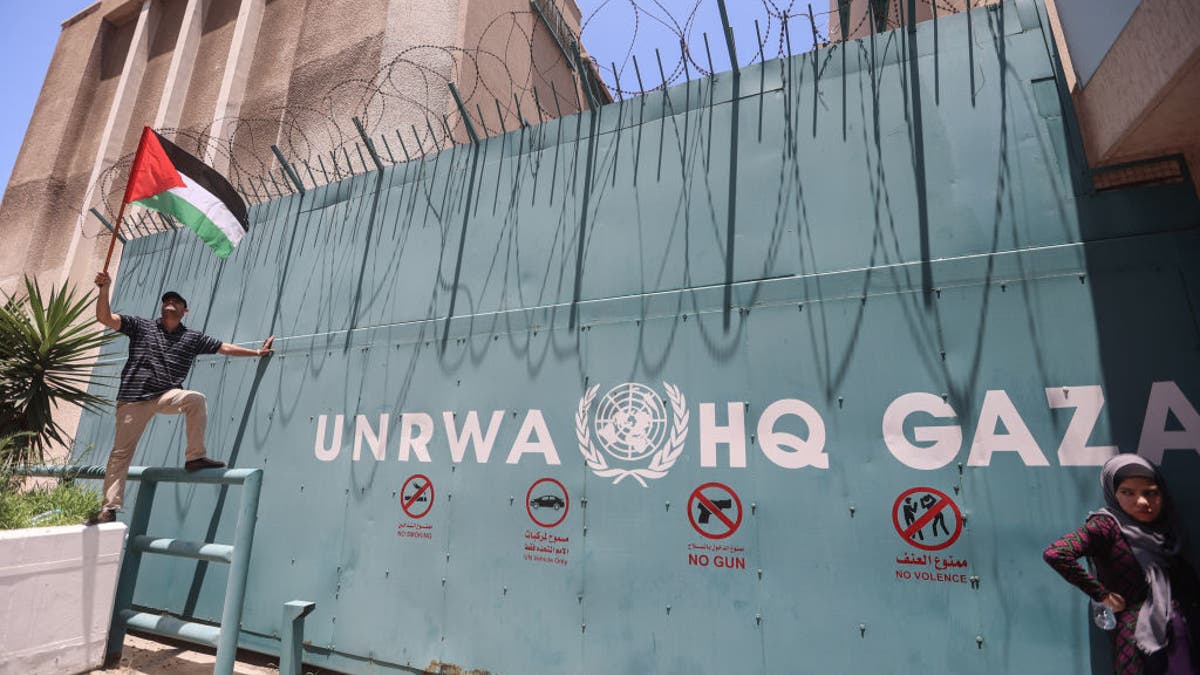The United Nations Relief and Works Agency for Palestine Refugees in the Near East (UNRWA) has found itself in the midst of escalating controversy, with accusations of ties to terrorist organizations intensifying. These concerns came to a head following the Israel-Hamas conflict that began in October 2023. Former President Joe Biden halted US funding to the agency in January 2024, a decision later upheld by President Trump, after Israel alleged UNRWA members' involvement in Hamas attacks.
UN Watch Executive Director Hillel Neuer argues that UNRWA, while founded with noble intentions, has deviated from its original purpose. He questions the continued refugee status of Palestinians, suggesting that their claims are undermined by their criticism of President Trump's proposed Gaza takeover, which they viewed as an attempt to displace them from their homeland. This, Neuer argues, implies that Gaza is their home, negating their refugee status.

Beyond the debate on refugee status, Neuer alleges UNRWA's systematic employment of individuals with ties to terrorism, citing Fathi al-Sharif, a former school principal and teachers' union head in Lebanon, who he identifies as a Hamas leader. Neuer emphasizes that US taxpayer dollars funded al-Sharif and the education system he oversaw.
UNRWA maintains that it prohibits staff involvement in militant groups, citing its dismissal of al-Sharif and another staff member linked to Hamas. The agency emphasizes that such involvement violates the principle of neutrality and jeopardizes its ability to serve refugees.
Israel's relationship with UNRWA has evolved significantly. Initially viewed as a convenient entity in the late 1960s, Israel's perspective shifted dramatically following the 2023 Hamas attacks. In late 2024, Israel formally demanded UNRWA cease operations in Jerusalem, citing a breach of impartiality and neutrality. UNRWA spokesperson Jonathan Fowler criticized Israel's decision, particularly the shortening of staff visas, while reaffirming the agency's commitment to its operations in other locations.

Neuer criticizes the international community's response to UNRWA's alleged issues, calling past actions "performative and limited." He labels the agency a "wolf in sheep’s clothing," drawing parallels to debates on social issues like anti-racism, where he believes true meanings have been distorted. He argues that UNRWA and the UN Human Rights Council are not humanitarian agencies but rather entities that legitimize terrorist groups.

UNRWA dismisses Neuer's allegations as disinformation and asserts its commitment to investigating misconduct and applying disciplinary measures when necessary.
President Trump's executive order called for increased scrutiny of UNRWA, the UN Human Rights Council, and UNESCO, citing concerns ranging from protecting human rights abusers to a failure to reform.
Comments(0)
Top Comments